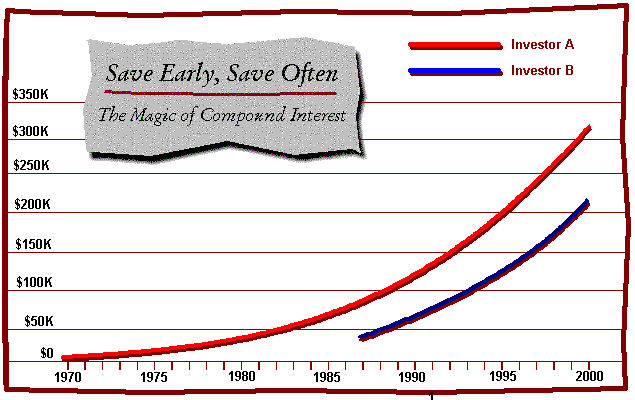Getting Started
The first step toward a sound financial plan is to determine where you are financially and how you got there. Look at your net worth – the difference between your assets and liabilities – and cash flow – the money flowing in and out of your wallet and checking account. Also take account of:
- your personal assets and liabilities,
- your health and happiness,
- how you spend your time, and
- who you can turn to in the event of a crisis.
Your plan should enable you to do what is important to you.
Net Worth = Assets – Liabilities
To calculate your net worth, list all of your assets, including:
- cash on hand,
- investments,
- the market value of possessions like your house, car and furnishings,
- Social Security and other government benefits, and
- employer-provided benefits, such as group life insurance or profit-sharing programs.
Your liabilities are the amounts you still owe lenders for mortgages, car and student loans, and any credit card debts. Subtract your liabilities from your assets and you have your net worth.
Next figure your cash flow, or budget. Use a budget sheet to list everything that contributes to your monthly income and expenses. Any income above your outgoing expenses can go toward building your financial future. If your expenses are greater than your income, however, you would be wise to eliminate some unnecessary spending or increase your income. Financial planners recommend looking at net worth and cash flow at least once a year so you can quickly adapt to changes in your financial situation.
Where does this leave you? To evaluate your overall financial situation you must first Identify short-, medium- and long-term goals. Short-term goals could include buying a home computer, taking a vacation, or continuing an education. Buying a home or sending your kids to college could be medium-term goals. Achieving financial independence, planning your retirement or starting a business could be long-term goals.

You do not have to commit money to your goals all at once, but you do need to prioritize them. By saving for long-term goals early, your money has more time to grow and compound and you will end up with much more in the long run.